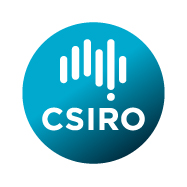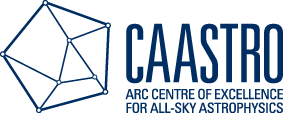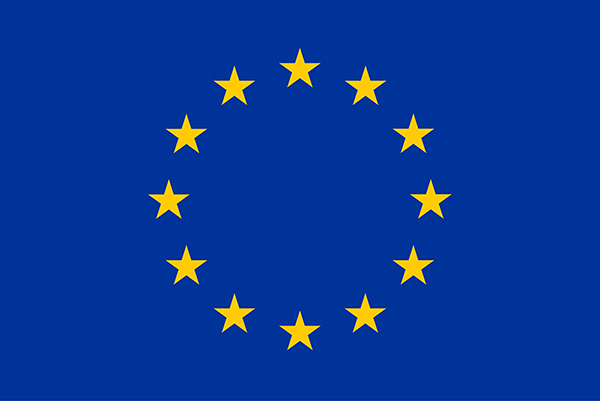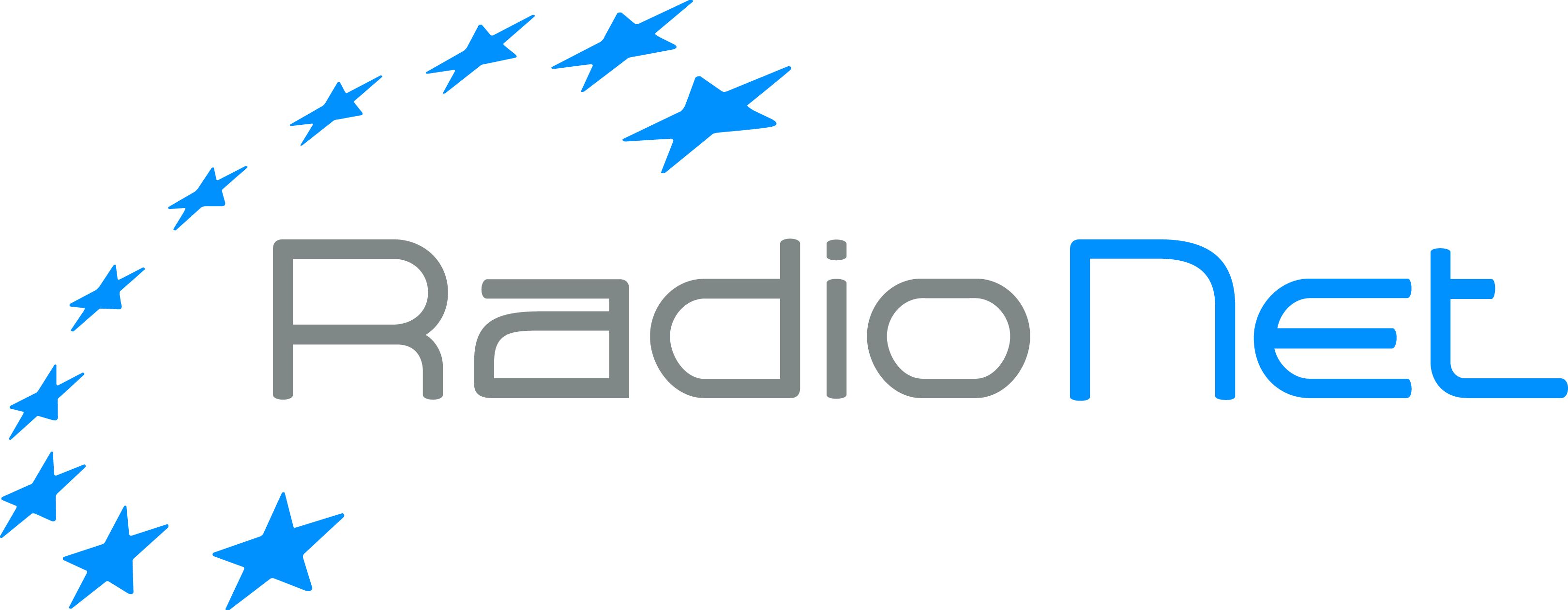Kerastari, Tripolis, Greece
29 May – 3 June 2017
Co-sponsored by:

 Municipality of Tripolis
Municipality of Tripolis
 CSIRO Astronomy and Space Science (CASS)
CSIRO Astronomy and Space Science (CASS)



This event has received funding from the European Union’s Horizon 2020 research and innovation programme under grant agreement No 730562 [RadioNet]

Conference News Workshop photos Workshop photos Some Workshop presentations. More submissions are welcome. Some Workshop presentations. More submissions are welcome.Yota’s speech in Greek and in English  FINAL Detailed workshop program BUS transport from Athens airport organised.Workshop photos ** Registration and Abstract submission are now open till 15 May 2017. ** Registration is EXTENDED until 30 May 2017. ** Abstracts will still be accepted BUT we may be unable to fit in Oral program. If so, these can be accepted as Posters. **Hotel bookings also open.** ** Registration and Abstract submission are now open till 15 May 2017. ** Registration is EXTENDED until 30 May 2017. ** Abstracts will still be accepted BUT we may be unable to fit in Oral program. If so, these can be accepted as Posters. **Hotel bookings also open.** Full details on hotels, transport etc have been added (see links at side). ** Hotel bookings now open.** ** N.B. Special block-booking rates (~30% discounts) end on 30 April 2017 ** Full details on hotels, transport etc have been added (see links at side). ** Hotel bookings now open.** ** N.B. Special block-booking rates (~30% discounts) end on 30 April 2017 ** |

Rationale (Greek version)
About every 5 years in the village of Kerastari in the ancient region of Arcadia in Greece experts in radio astronomy from all around the world meet to discuss their latest scientific discoveries and astronomical techniques. (see previous workshops in 2002, 2007, 2012 )
The next workshop, at the end of May 2017, will explore how radio astronomy has enabled flexible processing environments that are opening new windows on the Universe (discovery of FRBs is the prime example) and may open others (e.g. SETI). How have unexpected discoveries unfolded in a technical sense and in the new/traditional fora for scientific debate? Has anything benefited the process or held it back?
As we enter the era of the SKA, are we prepared for the technical challenges and, more importantly, do we have people prepared for serendipity? Or are we preparing a generation of SKA users to blindly extract data from catalogues to produce plots? Do these questions matter?

Themes/Topics (Greek version)
(Preliminary)
Transient Discovery space
* Pulsars discovery
* Evolution of the scientific method
* Serendipity
* Image plane transient searches
Fast Radio Bursts (FRB)
* Discovery
* Controversies
* Interpretation
* The Peryton saga
Search for Extra Terrestrial Intelligence (SETI)
* Can we predict anything?
* History
* Search strategies
* Radio vs other domains
* Computers and signal processing
* Breakthrough Activities (Listen; Starshot;…)
* SETI as a scientific exploration
* How to recognize an alien technology?
* Are FRBs ETI?
Radio Frequency Interference (RFI)
* Impact on discoveries
* Separating RFI and astronomy signals
* Separating terrestrial and extra-terrestrial RFI
Propagation Effects
* Radio sources as probes of ISM/IGM
* Mask or help identify wanted signals
* Time-resolved structure (e.g. double pulses)
* Sweep rates of transient phemomena
Instruments
* New telescopes and techniques
* Dishes, Arrays, PAFs, Multibeams
* Computers and signal processing
* Large-scale computing and data-mining
* Machine learning strategies
* Real-time and commensal digital systems
* Tranients detection algorithms
* VOEvents
Multi-wavelength, multi-messenger exploration
* EM follow-up of gravitational waves
International coordination/collaboration
* Coordinating observatory responses to transients
* Coordinating with space platforms
* The example of VLBI
Implications for the SKA
* Maximise serendipity success?
* Cultural changes?

Speakers
TBC

Workshop Location and Venue
The meeting will be held in the Peloponese region of Greece, in the village of Kerastari, nestled in the mountains of ancient Arcadia (close to the town of Tripolis). Time will be scheduled for discussion and interaction, as well as relaxation. The workshop will end with a large party involving the whole village.
Participation at the workshop will be limited to ~80 people due to the size of the venue. As a result some selection may be necessary. Naturally, preference will be given to participants with contributions accepted by the SOC.
All interested in participating, and especially if proposing a presentation, are encouraged to pre-register as soon as possible via the web pre-registration form.

Important Dates – preliminary
| December 2016 | 1st announcement and pre-registrations begin. |
| March 2017 | Final arrangements. 2nd announcement. |
| 1 April 2017 | Registration and hotel bookings open. |
| End April 2017 | Hotel bookings close. Confirm attendance. |
| May 15, 2017 | Registration closes. |
| May 29, 2017 | Arrival; registration; reception. |
| May 30 – June 2, 2017 | WORKSHOP |
| June 3, 2017 | Post-workshop excursions; Party. |

Block Workshop Schedule
| Monday | 2017 May 29 | Arrival. Registration and informal reception in Tripolis, ~5-9pm. |
| Tuesday & Wednesday | 2017 May 30 & 31 | Full workshop days |
| Thursday | 2017 June 1 | Half day workshop; Local excursions; Conference dinner in the village |
| Friday | 2017 June 2 | Last full day of workshop |
| Saturday | 2017 June 3 | Full-day excursion(s). Venues TBD depending on demand |
| Saturday | 2017 June 3 | Party in Kerastari, hosted by Tasso Tzioumis. |

Workshop fees, payments and assistance
The registration fee will be ~E300 for non-students and ~E150 for students and retirees. It covers the reception, light breakfast, lunch and coffee/tea every workshop day, the conference dinner, daily bus transport and publication expenses.
As the workshop is mainly self-funding with limited sponsorship, ALL participants are expected to pay registration, including invited speakers and LOC and SOC members.
In exceptional circumstances, some limited financial support may be possible. Please email directly to the workshop LOC.
** Following generous sponsorship from many institutions (see logos at the beginning of this page), including by the local government organisations, there will be no registration fees for approved Greek participants.
** Payments for registration will be in Euro and must be paid in cash during registration at the workshop. We regret that we have no facilities for credit card payments. There are many ATMs in town. (If anyone wishes to pay by direct bank transfer, email the worskshop LOC for bank details).
Accommodation costs are not included and must be paid directly to the hotels by the participants. Links to details on hotels and transportation are included in these webpages.
If an official invitation is needed for visa or other purposes, again email the workshop LOC.

SCIENTIFIC ORGANIZING COMMITTEE:
Matthew Bailes (Australia)
Sarah Burke Spolaor (USA)
Ron Ekers (Australia)
Michael Garrett (UK)
Samaya Nissanke (Netherlands)
Antonia Rowlison (Netherlands)
Andrew Siemion (USA)
Jill Tarter (USA)
Steven Tingay (Italy)
Tasso Tzioumis (Australia) — Chair
LOCAL ORGANIZING COMMITTEE:
Nectaria Gizani (Greece)
John Seiradakis (Greece)
Panagiota Tzioumi (Greece)
Tasso Tzioumis (Australia) — Chair
For more information email to: Tasso Tzioumis
This page is maintained by Tasso Tzioumis.
Last Modified: 26 Nov 2024


